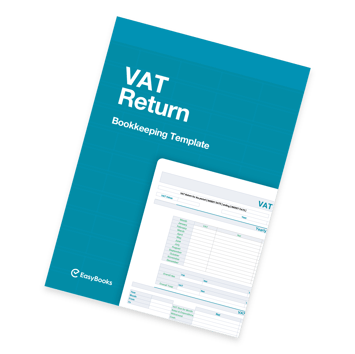What are the business expenses for self-employed? Your business is most likely going to have costs such as equipment costs and office supplies.
However, the good news is you can deduct some of these costs to work out your taxable profit (if they’re allowable expenses). Here’s your checklist on the business expenses you can expect and how you can claim.
Self-Employed Expenses
Office Costs, Equipment and Location
Items you’d typically use for less than two years can be claimed as allowable expenses. Here are the office, property and equipment costs you can claim expenses for:
- Any computer software you use (if you make regular payments to renew the license).
- Phone, mobile and internet bills.
- Stationery e.g. pens and notepads.
- Postage costs such as stamps and envelopes.
- Printing costs such as ink and cartridges.
Unfortunately, you can’t claim any expenses or allowances for purchasing your premises. However, these things listed below can be for your working space.
- The room(s) in your home used as an office.
- Rent for business premises.
- Security.
- Utility bills e.g. water, gas and electric.
- Property insurance.
Travel Costs
You can’t claim business expenses for non-business driving, travel costs or your commute between home and where you work.
However, what you can do is calculate your vehicle expenses using a flat rate (or simplified expense). This is for mileage costs instead of the actual costs of buying and operating your vehicle.
Here are some more examples of what you can claim travel expenses for:
- Meals on overnight business trips.
- Vehicle insurance and breakdown cover.
- Hotel rooms and accommodation.
- Repairs and servicing.
- Train, bus, air and taxi fares.
- Fuel costs.
- Vehicle licence fees.
Clothing Expenses
Generally, you can’t claim for everyday clothing that you wear for work. However, there are some clothing items you can claim allowable business expenses, depending on your role.
- Costumes for actors or entertainers.
- Uniforms and cleaning costs.
- Personal protective equipment (PPE) clothing needed for your work.
Staff Expenses
For staff expenses, you can’t claim for carers or domestic help. Here’s what you can claim for if you’re self-employed.
- Employer’s National Insurance.
- Staff salaries.
- Subcontractors.
- Bonuses.
- Agency fees.
- Pensions.
- Benefits.
Financial Costs
When it comes to legal and financial fees, you can’t claim for any legal costs of buying property or machinery. You also can’t claim if you’re repaying a fine, but you can deduct for the following.
- Professional indemnity insurance premiums.
- Hiring accountants, solicitors, surveyors and architects for business reasons.
- Bank, overdraft and credit card charges.
- Alternative finance payments.
- Leasing payments.
- Interest on business and bank loans.
- Hire purchase interest.
But, you can’t claim for repayment of loans, overdrafts or finance arrangements. You can deduct any business insurance policy you might have.
Advertising, Marketing and Subscriptions
When it comes to advertising, marketing and subscriptions, you might want to claim for every expense possible. But, you can’t claim when dining out with clients or customers, event hospitality, payments to political parties or donations to charities.
Here’s what you can claim for:
Advertising
- Advertising in newspapers, magazines and directories.
- Website fees.
- Free samples.
- Bulk mail advertising.
Subscriptions
- Trade or professional journals.
- Trade body or professional organisation membership if it’s related to your business.
Reselling Goods
When reselling goods, you can’t claim for any materials or products that you bought for private use. You also can’t claim expenses for the depreciation of equipment. But here’s what you can claim allowable business expenses for when it comes to goods:
- Goods and stock for resale.
- Direct costs from producing goods.
- Raw materials.
If you want some more guidance, you can find everything you need to know on the government website here. Knowing that you can claim all of these expenses might be great to hear for somebody self-employed. However, how do you go about claiming them?
How Do I Claim?
Make sure to keep accurate records of all your business expenses as proof of your costs.
When you add up all your allowable expenses for the tax year, you put the total amount on your Self Assessment tax return. This blog goes into more detail about how to pay your own tax when self-employed.
You don’t need to send evidence of your expenses when you submit your tax return. However, you should keep proof and records so you can show them to HM Revenue and Customs (HMRC) if asked.
Use Our Expense Log Template to Keep Up
If you want to track your expenses easily, then make sure to download our free expense log template today. We’ve put together useful templates that will help you better manage your business, such as profit and loss, cash flow, petty cash and more.
It’s user-friendly and completely free to download.








